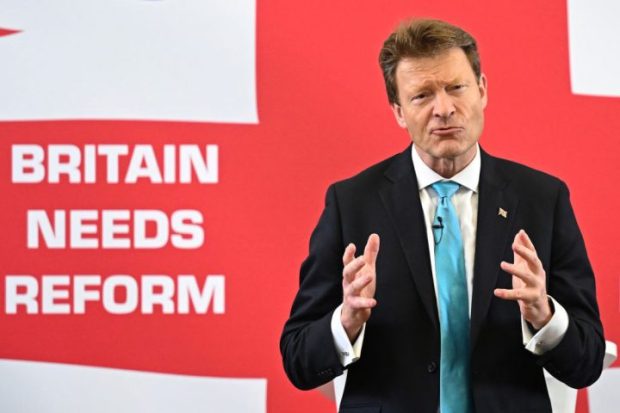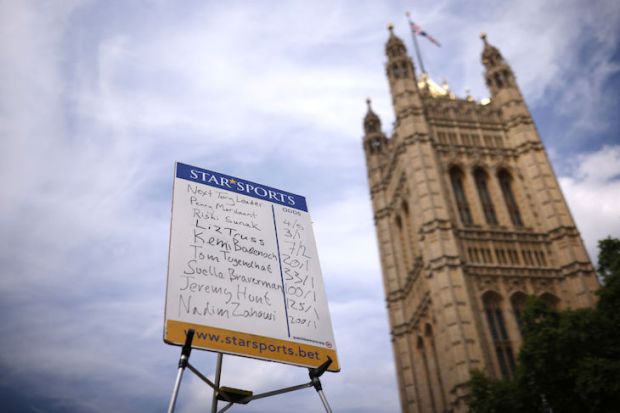There is nothing wrong with the general direction of policy contained within the government’s ten point plan to cut carbon emissions, announced today. Who doesn’t want clean energy and more energy-efficient homes and vehicles?
The problem is the perverse target which lies at its heart: the legally-binding demand, laid down in the Climate Change Act, to cut carbon emissions to net zero by 2050.
Already a subscriber? Log in
Subscribe for just $2 a week
Try a month of The Spectator Australia absolutely free and without commitment. Not only that but – if you choose to continue – you’ll pay just $2 a week for your first year.
- Unlimited access to spectator.com.au and app
- The weekly edition on the Spectator Australia app
- Spectator podcasts and newsletters
- Full access to spectator.co.uk
Or





















Comments
Don't miss out
Join the conversation with other Spectator Australia readers. Subscribe to leave a comment.
SUBSCRIBEAlready a subscriber? Log in